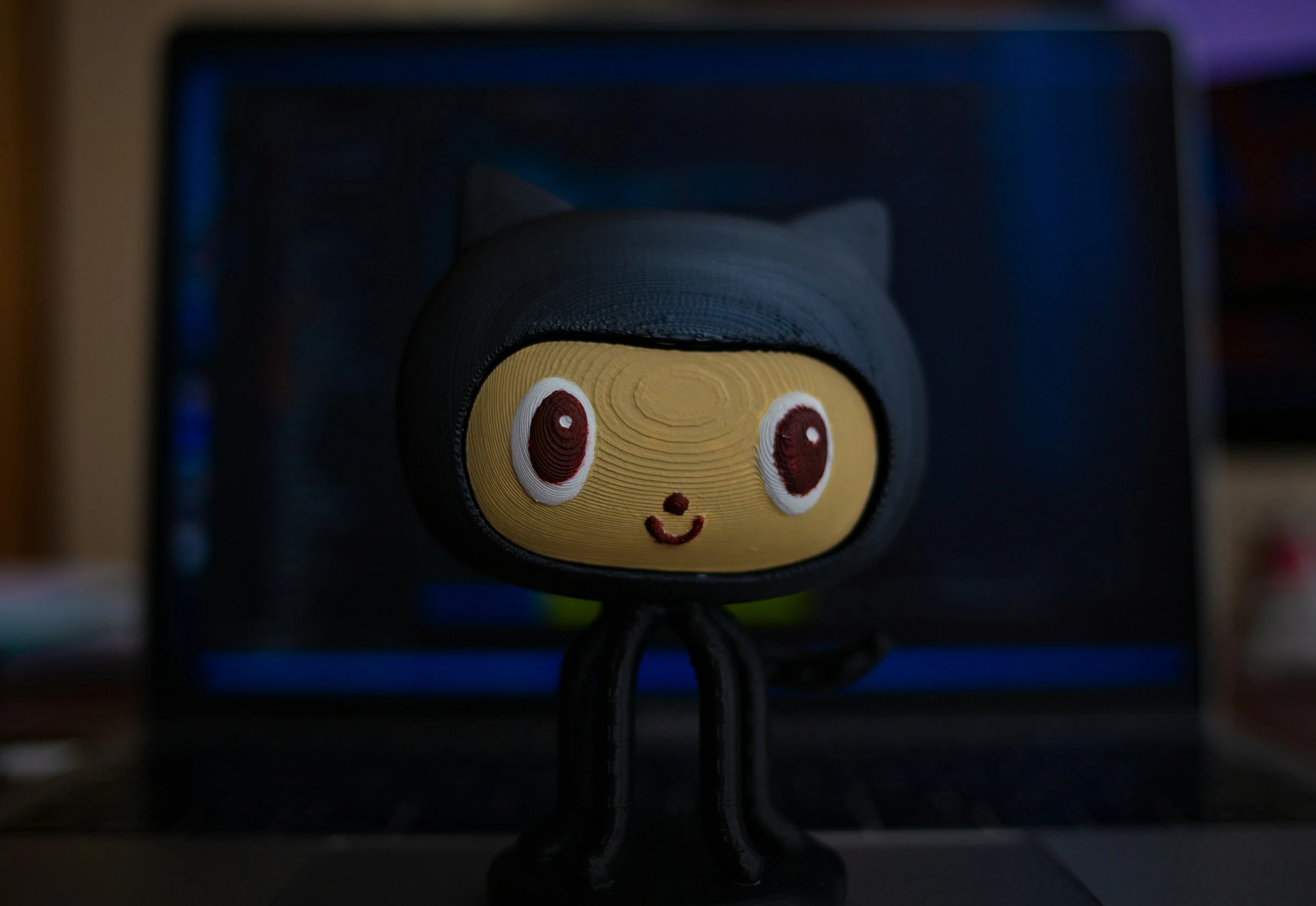Judge dismisses majority of GitHub Copilot copyright claims
Judge dismisses majority of GitHub Copilot copyright claims

Judge dismisses majority of GitHub Copilot copyright claims

A judge has dismissed the majority of claims in a copyright lawsuit filed by developers against GitHub, Microsoft, and OpenAI.
The lawsuit was initiated by a group of developers in 2022 and originally made 22 claims against the companies, alleging copyright violations related to the AI-powered GitHub Copilot coding assistant.
Judge Jon Tigar’s ruling, unsealed last week, leaves only two claims standing: one accusing the companies of an open-source license violation and another alleging breach of contract. This decision marks a substantial setback for the developers who argued that GitHub Copilot, which uses OpenAI’s technology and is owned by Microsoft, unlawfully trained on their work.
...
Despite this significant ruling, the legal battle is not over. The remaining claims regarding breach of contract and open-source license violations are likely to continue through litigation.